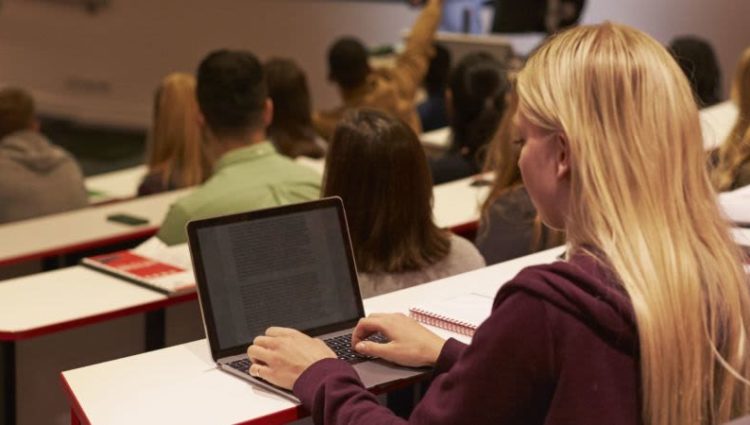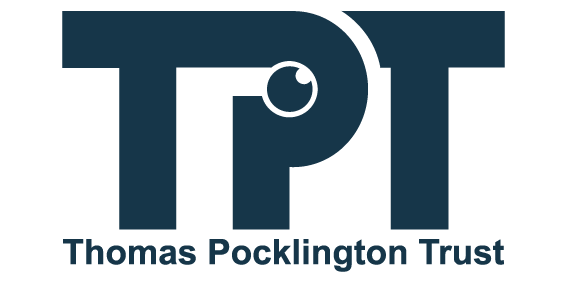The universities of Oxford and Cambridge, known together as Oxbridge, are among the most prestigious in the UK. As a result, it is unsurprising that they receive thousands of applications every year. This makes places highly competitive and securing one is an achievement in its own right.
We have spoken to Oxbridge students to find out more about the application process and how blind and partially sighted students can prepare to give themselves the very best chance of success.
We have produced a step-by-step guide for new applicants, containing student insights and top tips to help you through each stage! And for further support, The Uni Guide has a helpful resource on their website, which goes through the Oxbridge application process in more detail.
Download the full guide
Top Tips for Each Step in the Process
Open days
Talk to lots of staff and students when you visit – it will help you to get a sense of the atmosphere living and studying there. It will help you decide where you feel most comfortable and indicate their approach to support.
Personal statement
Start early! It takes longer than you think, and with the Oxbridge deadline much earlier than that of other universities (15 October), it can quickly become a rush to finish.
You do not have to detail your disability here, as this is covered in other areas of your application. However, if there is something specific you would like to mention that you think would support your case, for example taking part in disability activist roles in school or wider society, this can be included.
Admissions test
After you make your application for access arrangements, the test centre will confirm the adjustments they will put in place for your assessment. In some cases, a test centre will be unable to support all adjustments requested by candidates. If any adjustments are refused, a reason must be given, and an alternative adjustment suggested.
If you need advice on applying for, or negotiating access arrangements as part of your admissions test, contact our Education Information Advice and Guidance Service.
Interview
The tasks involved in an interview vary from subject to subject. Ask in advance what you will be required to do so that you can request any adjustments that may be needed, for example providing materials in an alternative format.
Some interviews may require you to read a passage of text, compose a short piece of writing, and occasionally there is a practical element (particularly in subjects of the arts) where you are asked to demonstrate your skills. Ask what you will be required to do so that you can plan out how you will approach the necessary tasks and can ask for any adjustments that may be needed due to your vision impairment.
Transition to university
Stay in contact – introduce yourself to the various support teams at the university and discuss what will be needed once you take up your place. You may want to choose a specific room in your accommodation, or have orientation and mobility training to learn the new city. Asking other students for advice on university social media groups can help and be a good way to get to know your peers.
Getting ready to start
Once you have an offer and have accepted, it is a bit of a waiting game. This is a good time to make sure your application for Disabled Students’ Allowance (DSA) is on-track. If you have not already started your application, now is the time to get things started. Check out our guide to applying for DSA.
It can also be helpful to stay in contact with the university and your accommodation provider to help make sure everything will be in place for when you start your studies. Students have been able to select their rooms based on accessibility needs, arrange for mobility and orientation training when they arrive, and communicate with lecturers in advance. These are all things which can make the big transition to university much easier.
Many universities have student groups on social media, and it can be really valuable to get involved with these. Some are broad, others may be just students with disabilities or specifically for blind and partially sighted students. They can be a great place to start making friends and getting in touch with more experienced students.
Download the full guide







